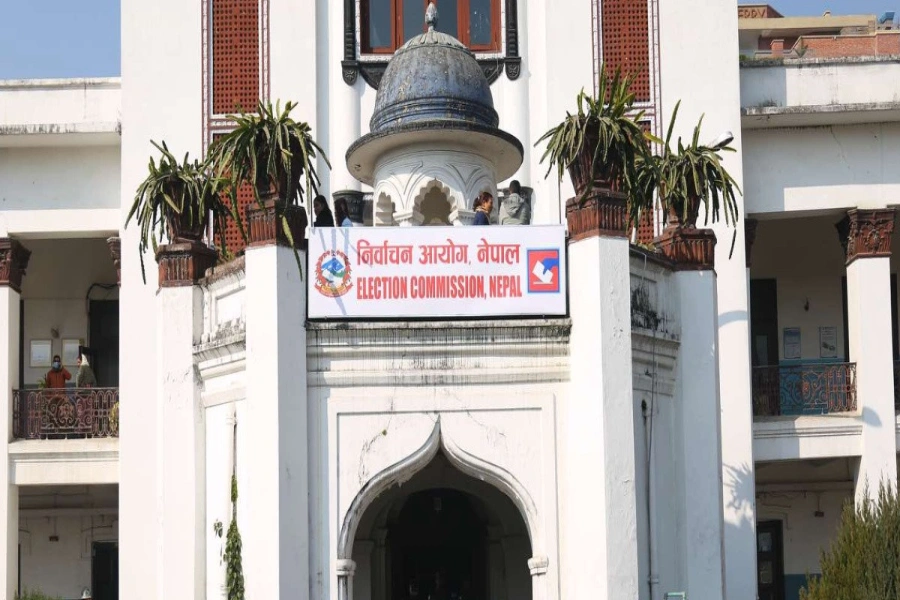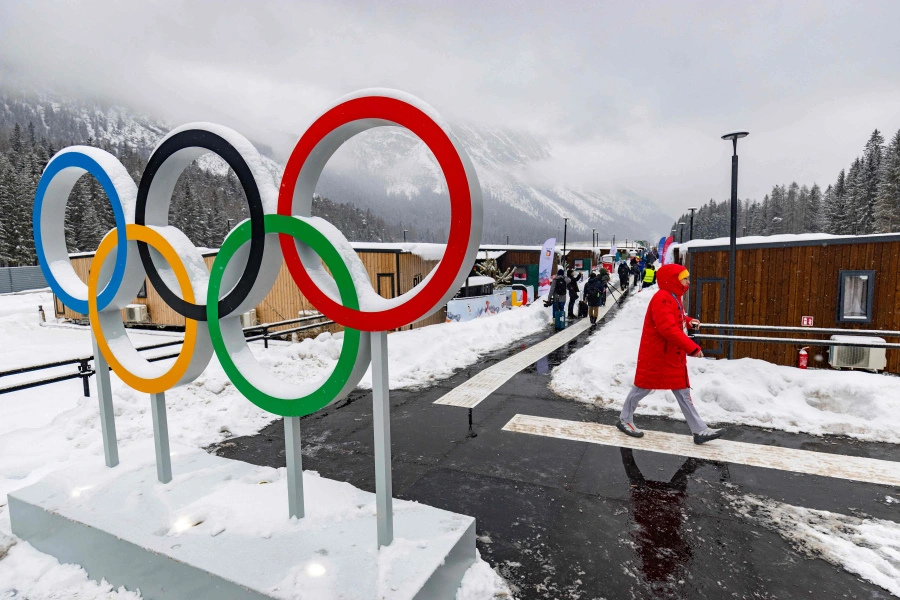KATHMANDU, Oct 28: Being a student in conservation sector, I have stumbled upon adverse effect of environmental pollution and its hindrance towards sustainable environment multiple times.
Nepal is a beautiful Himalayan country with abundant natural resources. Every year many people visit Nepal to relish its beauty. Unfortunately, they also leave trashes as they explore Himalayas. Many places in the region have become like dumping sites and that has been degrading mountain ecosystem.
COVID-19 has forced us to reimagine biodiversity conservation

Environment deterioration in Nepal doesn’t end here. Construction industry is one of the major reasons of air pollution. Brick kilns produce massive smoke that results in health hazards for real. Also, they cause melting of Himalayan glacial, causing climate change.
Kathmandu valley holds a great religious value. Along with numerous heritage sites, there are rivers like Bagmati and Bishnumati. But, charms of these rivers remain in our memories only. Rapid urbanization and developing industries generate tons of waste in these rivers. It slays aesthetic values of river, moreover, threatening survival of aquatic organism and vegetation. In addition, its consumption may be fatal to human beings as well.
Deteriorating air pollution due to fast increasing number of vehicles is becoming a serious issue in Kathmandu. It causes health problems like irritation to eyes, respiratory tract and allergic reactions as well. Imprudent dumping sites everywhere around the valley are aggravating to all of us.
Habitually, besides blaming the government, we can bring innovative ideas and expertise to foster sustainable society. We can compost biodegradable wastes on our backyard that may reduce pressure to dumping ground. People who are fortunate to have enough access over water should limit the amount of water usage.
Our environment will thank us for planting trees. Energy efficient alternatives can be used to reduce harmful emission. Government of Nepal should consider formulate plans and policies for recycling wastes preventing further environmental degradation. This should be helpful not just for present population but also for future generations. We better be aware of the fact that there is no another planet to suffice our needs and greed.
Poudel is studying Bsc. Forestry at Kathmandu Forestry College of Koteshwor, Kathmandu.





































